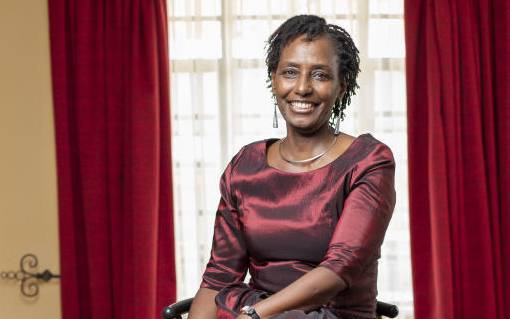×
The Standard e-Paper
Kenya’s Boldest Voice

People with existing mental health challenges, such as those going through depression or anxiety are already ‘quarantined’ by their situation and it may get worse.
Those with depression and anxiety already prefer not to leave their houses. Part of their healing process is usually by encouraging them to go out, but now with quarantine, especially if they are alone, staying home becomes justified and worsens their problem.